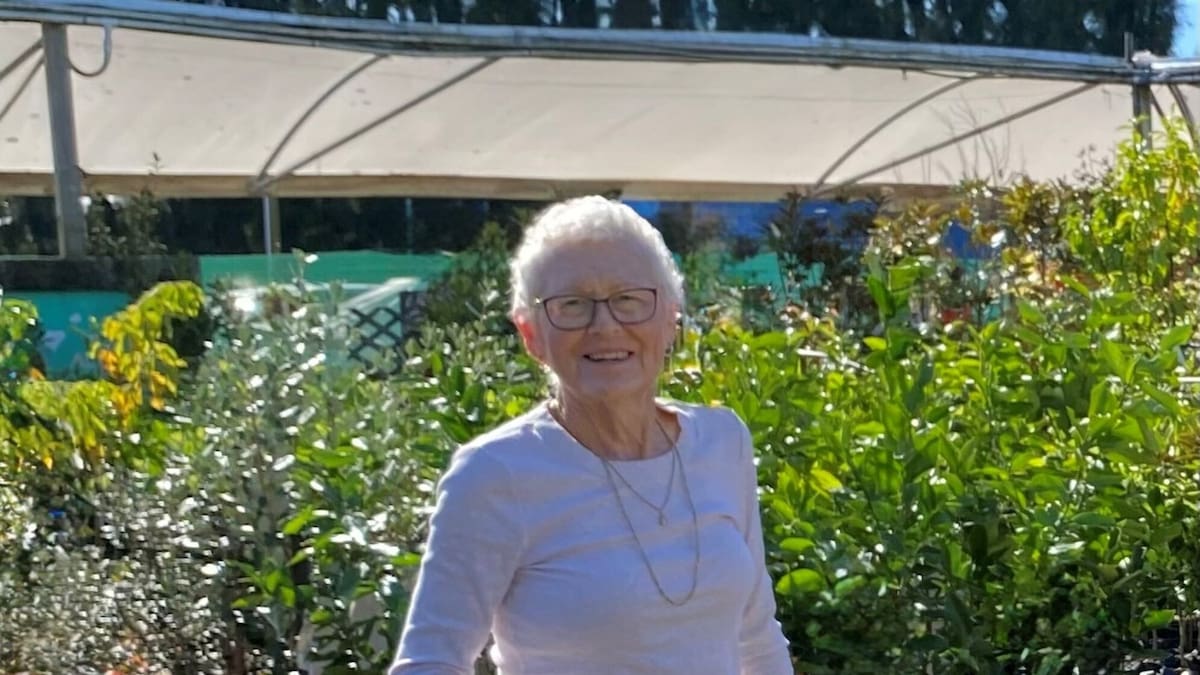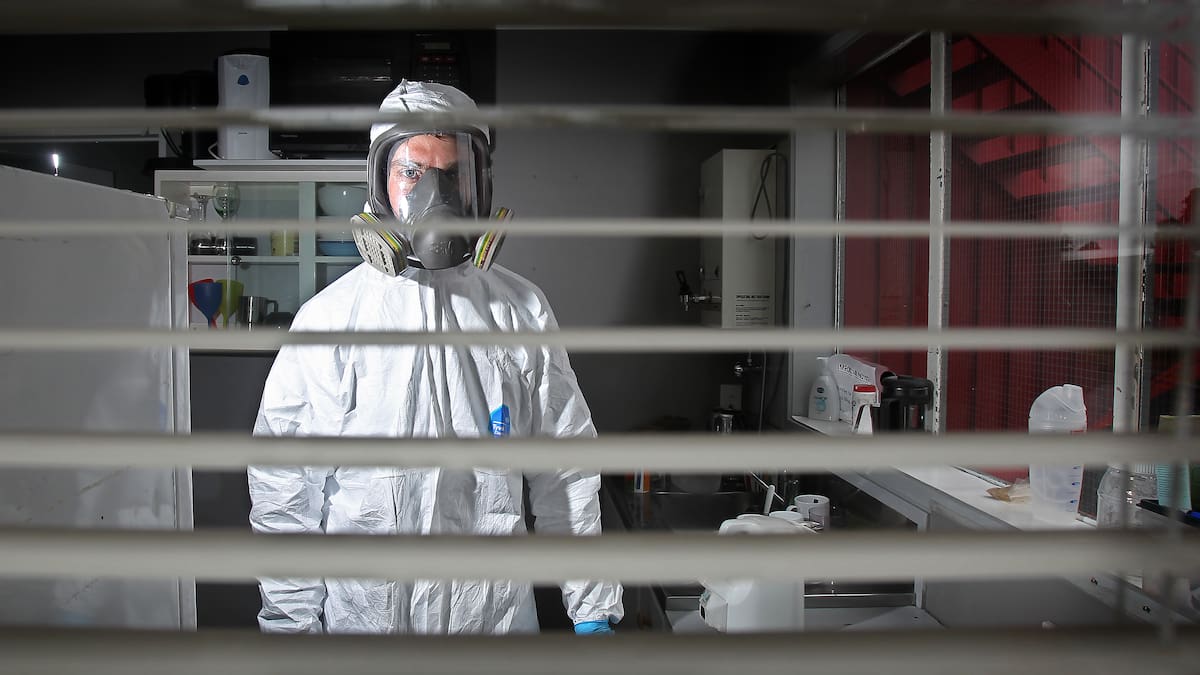Henriksen acknowledged Pharmac had a fixed budget but believed Enhertu should be funded for the type of cancer she had – advanced HER2-low breast cancer – given it was funded for HER2-positive metastatic breast cancer.
The Breast Cancer Foundation New Zealand agreed and said more than 20 countries, including Australia, funded Enhertu for Henriksen’s type of breast cancer.
A foundation statement said people with HER2-low breast cancer made up 40% of advanced breast cancer patients in New Zealand.
“The evidence for Enhertu’s effectiveness in this group is strong, with the cancer remaining stable for 63% longer and survival extended by 36%.”
Henriksen said she was first diagnosed with breast cancer in 2009.
She had a partial mastectomy and radiation therapy, then took hormone therapy for seven years.
Henriksen said she was “cancer-free” for the next 11 years.
In 2021, she learned the cancer had returned and was diagnosed with advanced “incurable” HER2-low breast cancer.
She had several different treatments – some worked for a while, but they eventually stopped working.
Her oncologist recommended Enhertu, which she started taking in March.
She paid for three cycles of it, costing about $36,000.
By May, it was no longer working.
Henriksen’s oncologist recommended funded medication methotrexate and cyclonex, which she started taking at the end of May.
She was not yet sure of its effectiveness.
Henriksen thought about the people who could not afford Enhertu.
“I think all cancer patients should have access to whatever drugs are going to make a difference to extend their life.
“I suppose it kept me going for another two or three months.”
Henriksen said she had been referred to hospice again for the third time.
“The prognosis is not good, but whether I’ve got two days or two weeks or two months, no one knows.”
Henriksen said she was still maintaining a “pretty good quality of life”.
Her family had been “wonderfully supportive”, and she loved her garden and climbing Mauao.
The avid traveller said she had goals to “live life to the fullest”, including doing all of the Great Walks of New Zealand.
“I could have been in Austria and Germany at the moment with a friend who’s travelling, so I’ve had to pull out of quite a few things.”
Henriksen said she tried not to think about her prognosis.
“I just put it in the background until I have to deal with it.
“I live for the day.”

The foundation’s chief executive Ah-Leen Rayner said funding Enhertu would make a “monumental” difference, with clinical trials showing it offered an additional 4.8 months of “progression-free survival”.
“The impact on people’s finances having to pay for this themselves is significant.”
Rayner said Enhertu was a “standard of care” overseas.
“New Zealand needs access to the best quality treatments in line with other countries around the world, but instead New Zealand is languishing at the bottom of the OECD world for access to modern medicines.”
For breast cancer patients, “women are dying faster … than women overseas”, she said.
Pharmac advice and assessment director and chief medical officer Dr David Hughes said it funded as many medicines as possible from its fixed budget.
“We acknowledge it is difficult when medicines aren’t funded and that cancer medicines are expensive.”
Hughes said it funded trastuzumab deruxtecan (branded as Enhertu) for people with HER2-positive metastatic breast cancer for the first time as of January 1, 2025.
Pharmac received a funding application in April 2024 for Enhertu for HER2-low breast cancer when the cancer could not be removed by surgery or had spread around the body.
In May 2025, Pharmac sought advice from the cancer treatment advisory committee about the application, Hughes said.
Pharmac was compiling the meeting’s record to publish online, which would include a committee recommendation about funding Enhertu.
It would keep in contact with key groups such as the Breast Cancer Foundation as the application progressed, Hughes said.
Depending on the recommendation, Pharmac’s next step would be to assess the application and rank it on one of Pharmac’s priority lists, he said.
“It’s important that we take the time to seek clinical advice and thoroughly assess all applications.
“Unfortunately, we’re unable to say if or when this application would be funded.”
Hughes said there would always be more medicines that Pharmac would like to fund.
While some medicines were available in other countries, “our funding and reimbursement systems are often not comparable”, he said.
“We need to make our own decisions about what to fund for New Zealanders.”
Megan Wilson is a health and general news reporter for the Bay of Plenty Times and Rotorua Daily Post. She has been a journalist since 2021.






